Pipelines, Power and Democracy
Olivier D. Asselin
2015
| 88 min 6 s
The film
The expansion of Canada’s oil sands industry—one of the most polluting on the planet—represents a huge environmental challenge. And, as the documentary Pipelines, Power and Democracy makes clear, when it comes to fossil fuels, political power doesn’t always lie where we think it does.
From the hallways of Quebec’s National Assembly, where parliamentary power resides, to the campaigns waged by environmental defence groups and the big media splashes made by some activists, director Olivier D. Asselin follows the journeys of four people who adopt a variety of tactics—showing that it is still possible to effect change.
Over the course of two years, Asselin documents the growth of an anti-pipeline movement in Quebec that rekindled a sense of collective purpose and solidarity.
The result is a film that urges action at a moment in which our planet’s fragile ecological balance is threatened by those who embrace economic growth at any cost.
The news hit in April 2015: the energy company TransCanada was backing away from its proposal to build a tanker terminal at Cacouna, Quebec. The oil port would have used the St. Lawrence River to transport oil from the Alberta tar sands. For those concerned with protecting the river, a major battle had been won—but the fight against the expansion of one of the most polluting sources of fossil fuels on the planet was just beginning.
Pipelines, Power and Democracy is a striking documentary that follows the mobilization of ordinary people to thwart the ambitions of oil companies and halt, even if only temporarily, the advance of pipelines across Quebec. In the process, the film offers a sharp reminder that power can be accessible to all.
It is possible to make a difference—but where does the true power to effect change lie in our democracy? That’s the central question this documentary sets out to explore, by following people who each employed different tactics in the fight to stop the tanker terminal.
From the hallways of Quebec’s National Assembly, where parliamentary power resides, to the campaigns waged by environmental defence groups and the big media splashes made by some activists, director Olivier D. Asselin follows the journeys of four people whose commitment to their cause demonstrates how citizen actions can be a powerful political force for generating social change.
Daniel Breton is a former Parti québécois cabinet member who resigned from his post as provincial environment minister in the government of Pauline Marois. He believes in electoral politics and the ability of elected officials to change the course of events. Defeated by Québec solidaire candidate Manon Massé in the 2014 provincial election, Breton remains an engaged citizen who is committed to the lofty ideals of the Quiet Revolution—including energy independence.
Long-time activist André Bélisle, founder of the Association québécoise de lutte contre la pollution atmosphérique (Quebec Association Against Atmospheric Pollution) is an environmental lobbyist who favours responsible action and works on several fronts, including public meetings and parliamentary commissions, to advance the cause of building a sensible economy for the future.
In contrast, Michael Rioux is a self-described “pirate” fighting for the cause of Quebec’s rivers. He believes in direct action and doesn’t hesitate to put himself in danger to draw attention to projects he believes to be illegitimate.
Finally, Alyssa Symons-Bélanger works with community groups, offering advice on the art of protest—and creates a stir with a dramatic gesture at the Montreal Suncor refinery, where the Enbridge Line 9 pipeline ends.
These four different personalities, each with their own powerful convictions, offer four different voices and different ways to approach a future marked by solidarity. Director Olivier D. Asselin sees this diversity as helping to map out the road to a more hopeful future.
Filmed over two years, from 2012 to 2014, Pipelines, Power and Democracy documents the growth of a grassroots protest movement that grew as a result of a number of parallel strategies and actions. Honouring the ancestral rights of Indigenous people, the movement culminated in a 700-kilometre walk linking Cacouna and Kanehsatake. Organized in part by Symons-Bélanger, this People’s March for Mother Earth brought together a broad coalition of those fighting climate change and provided an opportunity to raise awareness of the issues in the towns the marchers passed through. That, in turn, helped create a larger and more powerful network of resistance to draw on in the future.
Pipelines, Power and Democracy propels us into the midst of an urgent and broad-based struggle and makes the case that we need to rethink the structure of our parliamentary system and rekindle a movement focused on citizen solidarity—one whose voices will be heard throughout every level of society. The stakes are high. As we consider our future energy sources, the planet’s fragile ecosystems are threatened by those who embrace economic growth at any cost.
Director’s Statement
We have become too powerful. Our ever-increasing ability to extract resources is growing out of proportion with our fragile planet’s ability to absorb the consequences. I no longer consider being an environmentalist an option—it is a necessity.
But how can things change in an economy based on extracting and consuming non-conventional petroleum?
Throughout the production of this film, we were guided by one question alone: Where does the true power to make change lie? Is it with electoral politics? NGOs? Grassroots organizations? Radical actions?
We could have made this documentary anywhere in the western world. Tar sands are important, of course, but the central issue is political power and the democratic deficit present in western political systems. All over the world, disempowered communities find themselves saddled with unwanted mega-projects. Public outrage is mounting everywhere over the way democratic institutions are being subverted and used to serve ever-more-concentrated private interests.
But it is not just chance that has our film taking place in 21st century North America—and specifically, in Quebec, where green energy sources are part of the cultural DNA. Quebec is a society that was built on the nationalization of hydroelectricity and whose culture has rested in part on revolutionary approaches to energy that set it apart from the rest of the continent.
The question of political power comes in the context of a crucial moment that will decide Quebec’s energy future. The people in our film carry the weight of the encounter between Quebec’s hydroelectric heritage and the expansion of Canadian oil sands projects. Pipelines, Power and Democracy plunges into the power struggle between one of the most influential lobby groups on the planet and citizens holding fast to their ideals. The consequences of the resulting choices will be felt just as much by human beings as by the beluga whales of the St. Lawrence River, whose future they will affect.
Promotional Materials
Trailer
Team
Olivier D. Asselin
Director
Photo
Photo : Ariane Blais-Ouellette
Denis McCready
Producer (NFB)
Photo
Photo : NFB
Colette Loumède
Executive Producer (NFB)
Photo
Photo : NFB
Images
Loading...
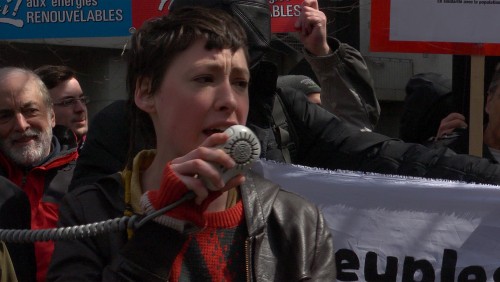
Download
Loading...

Download
Loading...
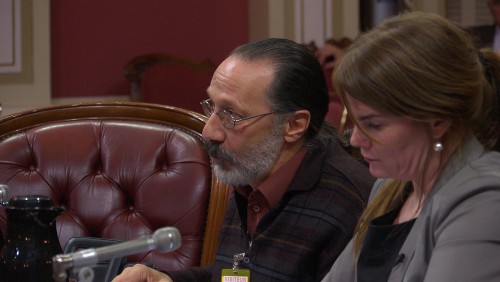
Download
Loading...
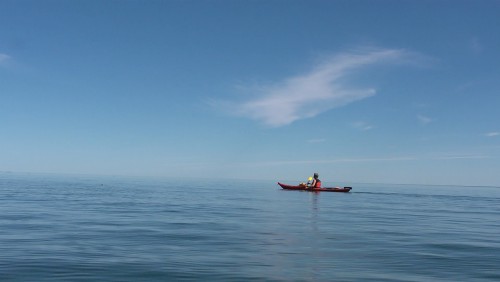
Download
Loading...
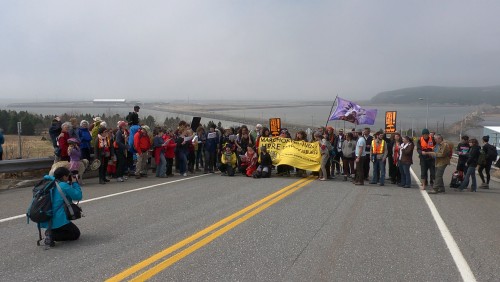
Download
Loading...
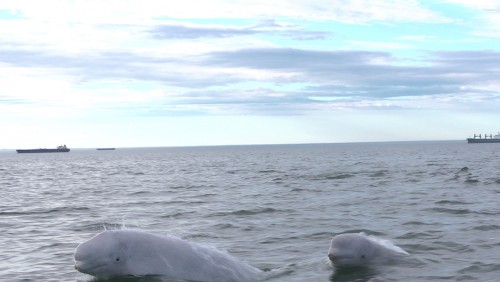
Download
Loading...
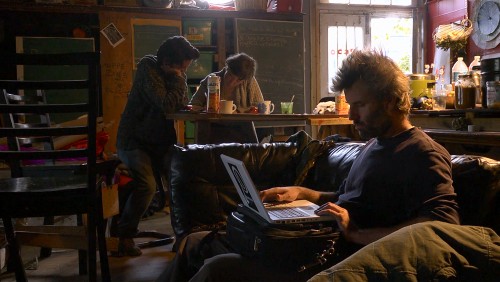
Download
Loading...
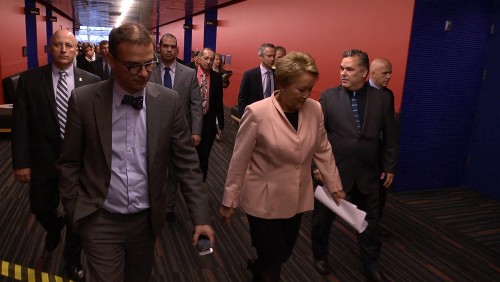
Download
Loading...
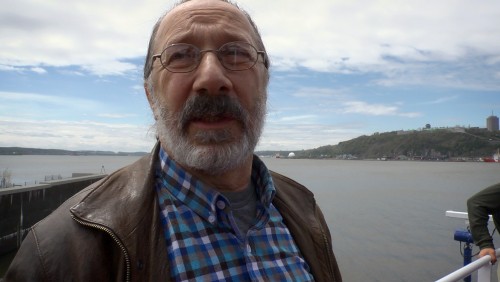
Download
Loading...
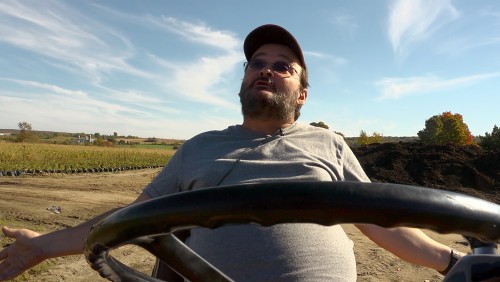
Download
Loading...
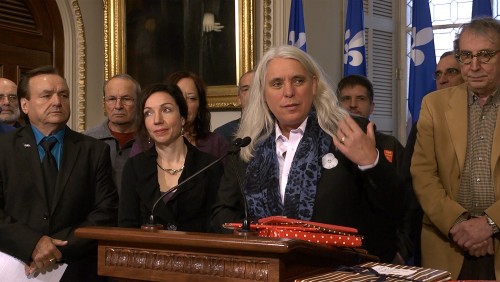
Download
Loading...
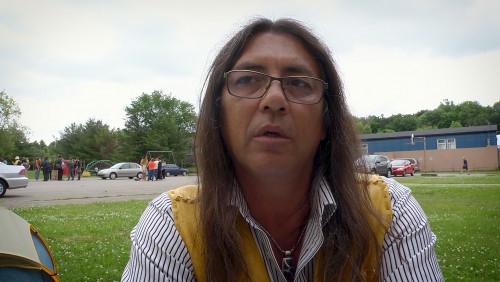
Download
Loading...
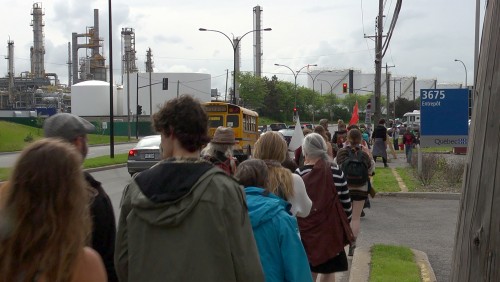
Download
Loading...
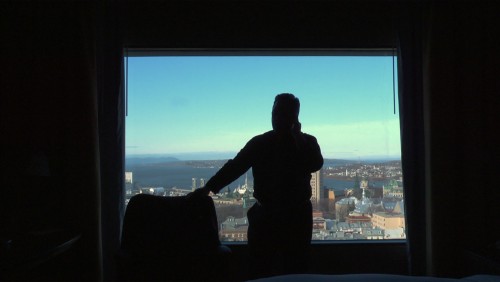
Download
Loading...
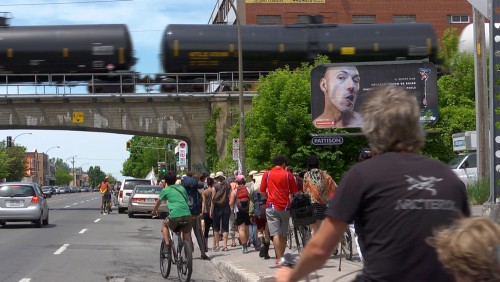
Download
Loading...
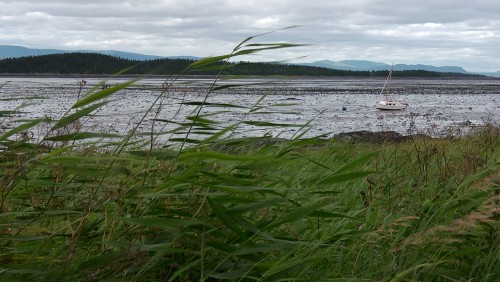
Download
Loading...
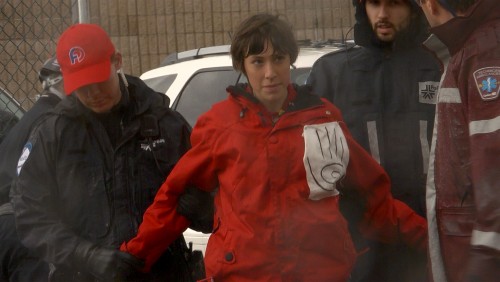
Download
Loading...

Download
Loading...
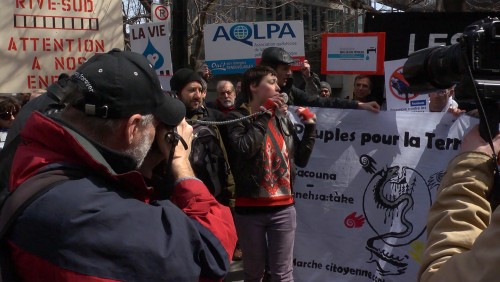
Download
Loading...

Download
Loading...
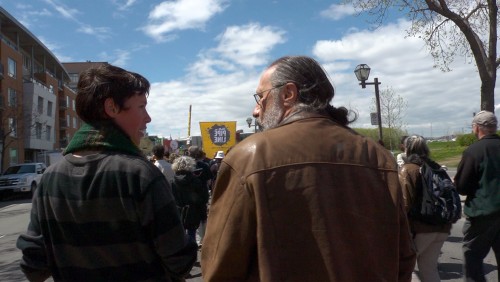
Download
Credits
With the participation of
Daniel Breton
André Bélisle
Alyssa Symons-Bélanger
Mikaël Rioux
Directed by
Olivier D. Asselin
Research and Script
Olivier D. Asselin
Santiago Bertolino
Director of Photography
Olivier D. Asselin
Editing
Boban Chaldovich
Original Music
Claude Fradette
Location Sound
Santiago Bertolino
Stéphane Barsalou
Simon Van Vliet
Ariane Lorrain
David Widgington
Sound Design
Patrice Leblanc
Developed by
Productions Multi-Monde Inc.
Lucie Pageau
Malcolm Guy
With the participation of
Michel Bélanger
Émeraude Boisvert
Patrick Bonin
Mike Bonnano
Jacqueline Breton
Alain Brunel
Kim Cornelissen
Pierre-Luc Demers-Hébert
Jean-Marie Dion
Philippe Dumont
Paul Dupuis
Claudie Gagné
Patrick Givre
Steven Guilbault
Olivier Huard
Natasha Kanapé Fontaine
Lucie Lacoursière
Jessica Lambert Massicotte
Philippe Landry
Julie Leblanc
Sophie-Anne Legendre
Luc Lemoine
Shaun Lovejoy
Sébastien Mariel
Guy Marsil
Eric Michaud
Gabriel Nadeau-Dubois
Marie-Philip Ouellet
Nicholas Ouellet
Gilles E. Pelletier
Karine Péloffy
Martin Poirier
Geneviève Puskas
Sylvie Robert
François Saillant
Christian Simard
Corinne Trubiano
Marius Vigne
Additional Camera
Nicolas Falcimaigne
Santiago Bertolino
Ariane Lorrain
Matias Ollivier
Stéphane Groleau
Mathieu LeBlanc
Technical Support ‒ Editing
Pierre Dupont
Isabelle Painchaud
Patrick Trahan
Translation ‒ Subtitling
MELS
Titles and Infographics
Jacques Bertrand Simard
Cynthia Ouellet
Online Editor
Denis Pilon
Foley
Alexis Farand
Re-recording
Serge Boivin
Musicians
Claude Fradette
Guitars, bass, keyboard and percussion
Robin Boulianne
Music Recording
Studio Frad.
Additional Music
“Lost For Ever”, composed and performed by ACT (Kristian Aduriz)
Press Relations
Marie-Claude Lamoureux
Marketing Manager
François Jacques
Assisted by
Theodora Kolovos
Administrator
Sia Koukoulas
Production Coordinator
Chinda Phommarinh
Administrative Assistant
Pascale Savoie-Brideau
Technical Coordinator
Mira Mailhot
Associate Producer
Mélanie Lasnier
Producer
Denis McCready
Executive Producer
Colette Loumède
© 2015 NATIONAL FILM BOARD OF CANADA
Media Relations
-
About the NFB
For more than 80 years, the National Film Board of Canada (NFB) has produced, distributed and preserved those stories, which now form a vast audiovisual collection—an important part of our cultural heritage that represents all Canadians.
To tell these stories, the NFB works with filmmakers of all ages and backgrounds, from across the country. It harnesses their creativity to produce relevant and groundbreaking content for curious, engaged and diverse audiences. The NFB also collaborates with industry experts to foster innovation in every aspect of storytelling, from formats to distribution models.
Every year, another 50 or so powerful new animated and documentary films are added to the NFB’s extensive collection of more than 14,000 titles, half of which are available to watch for free on nfb.ca.
Through its mandate, its stature and its productions, the NFB contributes to Canada’s cultural identity and is helping to build the Canada of tomorrow.